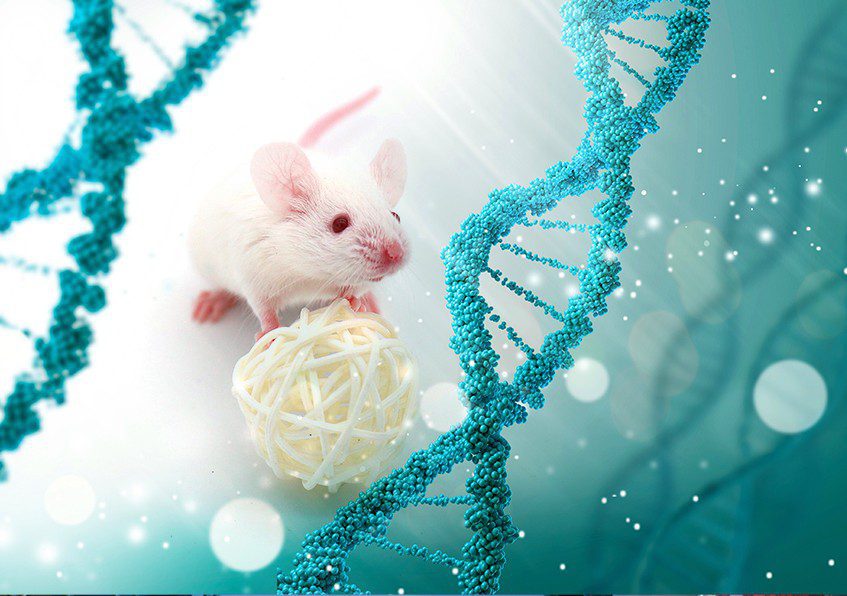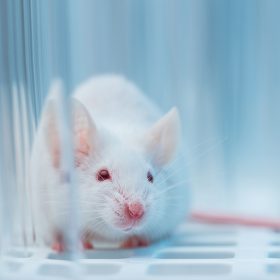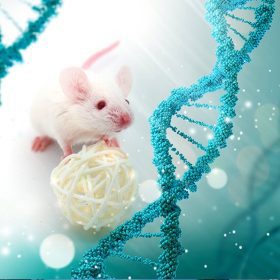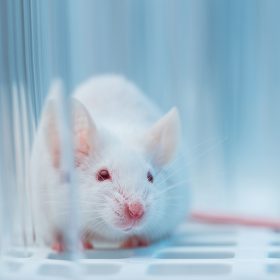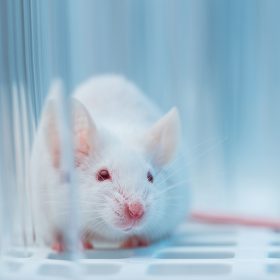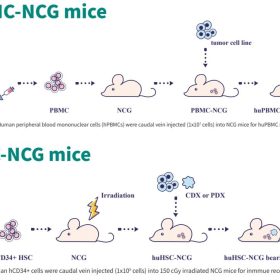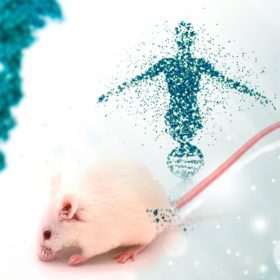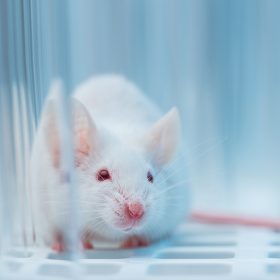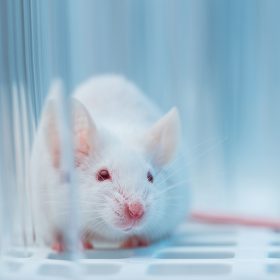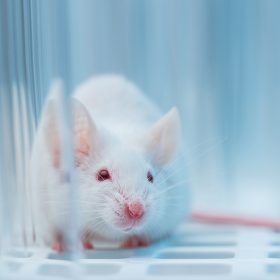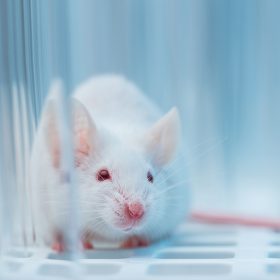Spontaneous Tumor Models
Spontaneous Tumor Models
Add to cart
Categories: Animal Models (Preclinical)CategoriesDisease Mouse ModelsDrug Discovery & DevelopmentImmuno-Oncology Mouse ModelsPreclinical ResearchResearch Fields
Tags: autoimmune diseasecancer immunotherapycell and gene therapydrug discoveryimmune-oncologymetabolic diseaseNeurodegenerative diseasepreclinical efficacy studiesrare disease
GemPharmatech has focused on generating mouse models for four types of spontaneous tumors that are frequently identified in human patients: pancreatic cancer, hepatobiliary cancer, breast cancer and colorectal carcinoma. Find the Spontaneous tumor mouse models you need below.
Tumors are excessive accumulation of bodily mass, including solid tissue and fluid.
Cancer is the overgrowth of solid mass, which can be benign or malignant. With the advance of cancer biology, our understanding of the driving forces of tumorigenesis has increased substantially. Accumulating evidence suggests that many types of tumors are results of spontaneous mutations in genes or the genome.
Many of such mutations are somatic and not passed from the affected individual to his or her offspring.
Through GWAS analyses, genes and genetic hot spots for mutagenesis have been identified. For example, in a 2017 study, 93% and 72% of pancreatic cancer patients are found to have acquired spontaneous mutations in KRAS and TRP53, respectively.
Despite gender difference in cancer occurrences, two out of the top four most frequently diagnosed cancer types are the same in males and females: lung & bronchus and colon & rectum are #2 and #3, while prostate and breast cancers are #1 for men and women, respectively.
Given the genetic similarities between humans and mice, murine strains carrying genetic mutations mimicking human disease genes have proven to be a valuable tool for studying disease mechanism and the development of therapeutic interventions.
|
Strain No.
|
Strain Name | Strain Type | Description |
|---|---|---|---|
| T017650 | Kras-KO | Cas9-KO | By using gene editing technologies to knock out the KRAS gene, the model can be used to study Kras gene-related signaling pathways or diseases. |
| T015831 | B6-KP | Cas9-KI | The model can be used to screen anti-tumor medications such as KrasG12D and p53R172H targeting drugs, as well as hepatocellular cancer, lung cancer, and pancreatic cancer research. |
| T009879 | Rosa26-CAG-LSL-hMYC-polyA | Cas9-KI | The offspring of B6-AlbCre mice can develop hepatocellular carcinoma at 10 weeks of age, making this model suitable for the screening of anti-tumor medicines. |
| T007671 | B6-p53 R172H | Cas9-KI | This model introduces a point mutation in p53 gene codon 172 and can be used to study pancreatic cancer, colon cancer, breast cancer, non-small cell lung cancer, and for small molecule drug screening. |
| T007256 | Kras-flox | Cas9-CKO | This model can be used to conditionally knock out the KRAS gene in specific tissues by breeding with CRE enzyme-expressing tool mice, and it can be used to study the Kras gene-related signaling pathway or related diseases. |
| T005480 | Trp53-flox | Cas9-CKO | This model can be used to study the genesis and progression of malignancies caused by the p53 gene. |
| T005332 | B6-p53-KO | Cas9-KO | At 3-6 months of age, this model has a low incidence of developing lymphoma and sarcoma and can be used to study pancreatic cancer, colorectal cancer, breast cancer, and non-small cell lung cancer , as well as small molecule drug screening. |
| T004993 | FVB-MMTV-PyMT | Transgenic | As a spontaneous breast cancer model, this strain can be used for small molecule anti-breast cancer drug screening as well as breast cancer research. |
| T004551 | B6-Kras-LSL-G12D | Cas9-KI | This model, which introduces a point mutation in Kras gene codon 12, can be used for pancreatic, colorectal, and non-small cell lung cancer research, as well as for small molecule drug screening. |
| T001457 | APC-min | Targeted Mutation | As a spontaneous colon cancer model, this strain can be used for small molecule drug screening for gut tumors and GI tract tumor/adenoma studies. |

